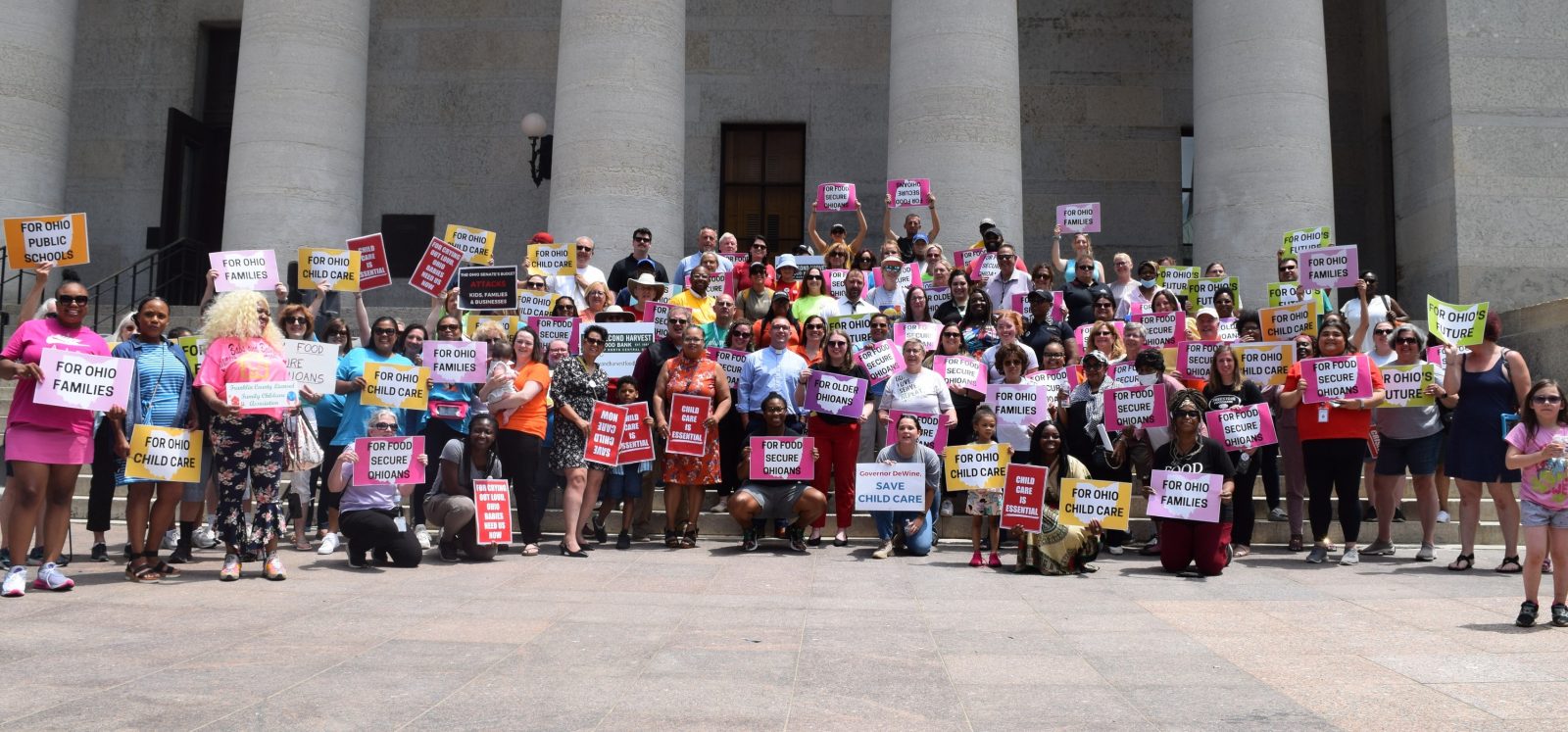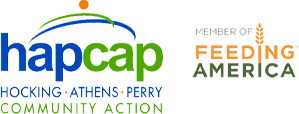
Help advocate for a stronger community where everyone has a chance to thrive.
From hunger to housing, transportation to utility support—your voice helps protect the vital services that HAPCAP provides. Stay informed, promote understanding by sharing facts, and advocate with empathy. If you have been impacted by poverty, please consider sharing your story and allowing us to lift up your voice.
HAPCAP and Integrated Services recently hosted an information session about the Regional Impact of Potential State and Federal Cuts on Low-Income Communities. Click here to read WOUB's coverage of the event.
Share Your Story
Your story matters. If you have faced difficult circumstances and/or have benefited from a HAPCAP or SE Ohio Foodbank program, we want to hear from you! If you have volunteered, we want to hear about your experience. If you donate, we want to know what moves you to do so. If you are a social services worker, we want to know what your experience has been like. Everyone has something to add. You can choose to remain anonymous or use your name.
Your stories aren’t just meaningful—they’re essential. In times of change or uncertainty, personal stories help people truly understand why our work matters. Data can inform—but stories inspire. They move hearts, shift perspectives, and help us protect and grow the programs that support our communities..
Here is how you can share:
- Complete THIS FORM (by clicking the link)
- Leave a message on our advocacy voicemail by calling 740-767-1010
- Send a handwritten letter to: PO BOX 220, Glouster, OH 45732 - ATTN: Valerie
- Call our Public Relations Coordinator at 740-767-1002 (Monday - Friday 8AM - 4PM)
Not sure what to share? Check out stories from others on our news page HERE.

Follow us on Social Media
HAPCAP
Facebook: Hocking Athens Perry Community Action
Instagram: @hapcap.seo
SE Ohio Foodbank
Facebook: SE Ohio Foodbank
Instagram: @se.ohio.foodbank
Advocate for a Cause
How to Advocate
When reaching out to a legislator by letter, email, or phone, follow these simple steps to ensure your message is clear, respectful, and effective:
- Introduce Yourself
Begin by stating your name and where you live. Legislators are especially interested in hearing from their constituents. - State the Issue or Program
Clearly identify the cause or program you’re contacting them about. - Explain What’s Happening
Briefly describe the current situation or what is at stake. Be specific about what action is needed. - Share Why It Matters
Explain why this issue is important to you or your community. Personal stories and examples can make your message more compelling. - Express Gratitude and Offer to Connect
Thank the legislator for their time and service. If you’re comfortable, provide your phone number or email in case they would like to follow up with you. - Keep Us Informed
If you receive a response, we’d love to hear about it! Your feedback helps us strengthen our advocacy efforts. You can contact us at info@hapcap.org.
Find Your Representative
Click the text to follow the link:
Ohio U.S. Senators
